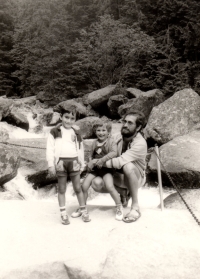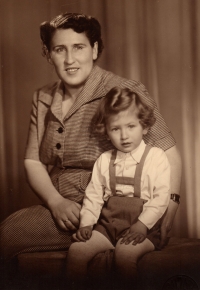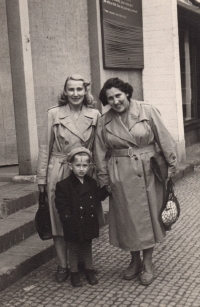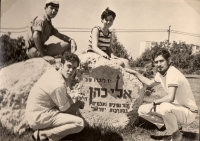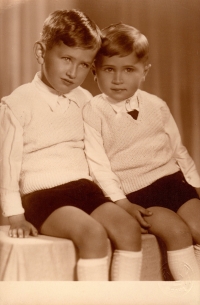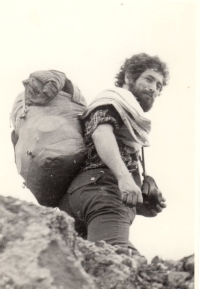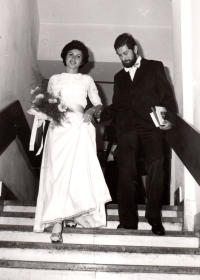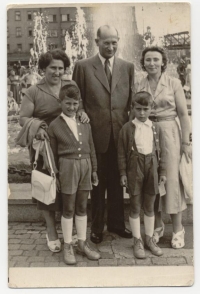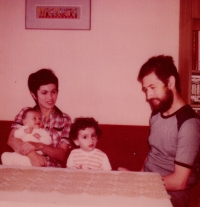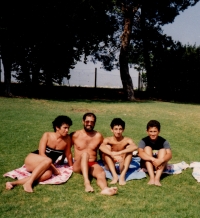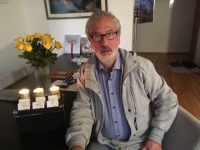A stupid nationalist is less dangerous than an intelligent one. Unfortunately, today we already have many intelligent people who are nationalists and sow hatred
Stáhnout obrázek
Peter Werner was born on March 2, 1948 in Bratislava. He grew up in a Jewish family in Krompachy, where his father was the director of the local hospital. Father Július Werner came from a large family in Holíč, studied medicine at the Comenius University in Bratislava, and his first place of work was the hospital in Piešťany. During the wartime Slovak state, he first lost his job, later he managed to get an exemption and worked in a military hospital in Ružomberok. After the outbreak of the SNP, he became a doctor in a military field hospital, after the suppression of the uprising, he hid in a bunker in the vicinity of Staré Hory. Mother Irena, nee Nussbaumová, grew up with four siblings in the village of Stará Bystrica. She attended a bourgeois school in Žilina and a business school in Bratislava, where she later worked in various companies. Thanks to her husband‘s exemption, she was protected from deportation to a concentration camp in 1942 – 1942. Since the fall of 1944, she was hiding from deportation in Bratislava and was saved thanks to the help of good people. In 1955, the family moved from Krompách to Spišská Nová Ves, and here Peter attended a nine-year elementary school. In Spišská Nová Ves, he also attended the Secondary General Education School, and after graduating, he decided to study chemistry at the Chemical and Technological Faculty of the Slovak Technical University. Peter successfully graduated in 1971 in the field of polymer chemistry. During the Prague Spring in 1968, he took the opportunity to travel to Israel with a group of students. He worked in a kibbutz and the reward for his work was a trip around Israel. Here he received the news about the invasion of Soviet troops into Czechoslovakia. He was originally supposed to emigrate, but returned home at the request of his parents. After graduating from university, he decided on a postgraduate course at the Institute of Polymers of the Slovak Academy of Sciences. He obtained the title of candidate of chemical sciences by defending his dissertation in 1978. He continued his research work at the State Wood Research Institute, where he participated in research tasks in the department of chemical modification of wood. He worked in this position until 1991. Thanks to his speaking skills, he was later employed at the Swedish company IKEA and the French company Ferrari, where he ended his professional career in 2013. After retirement, he tried to continue to be useful and briefly worked as a volunteer at the Holocaust Documentation Center in Bratislava. Later he found a hobby and started mapping Jewish cemeteries in Slovakia as well as documenting them. In 1969, he repeatedly used the opportunity to travel to Israel and worked again in a kibbutz. There he met his future wife, Zuzana Heubergerová. They got married in 1976 and two sons were born to them, the elder Daniel and the younger Pavol.
